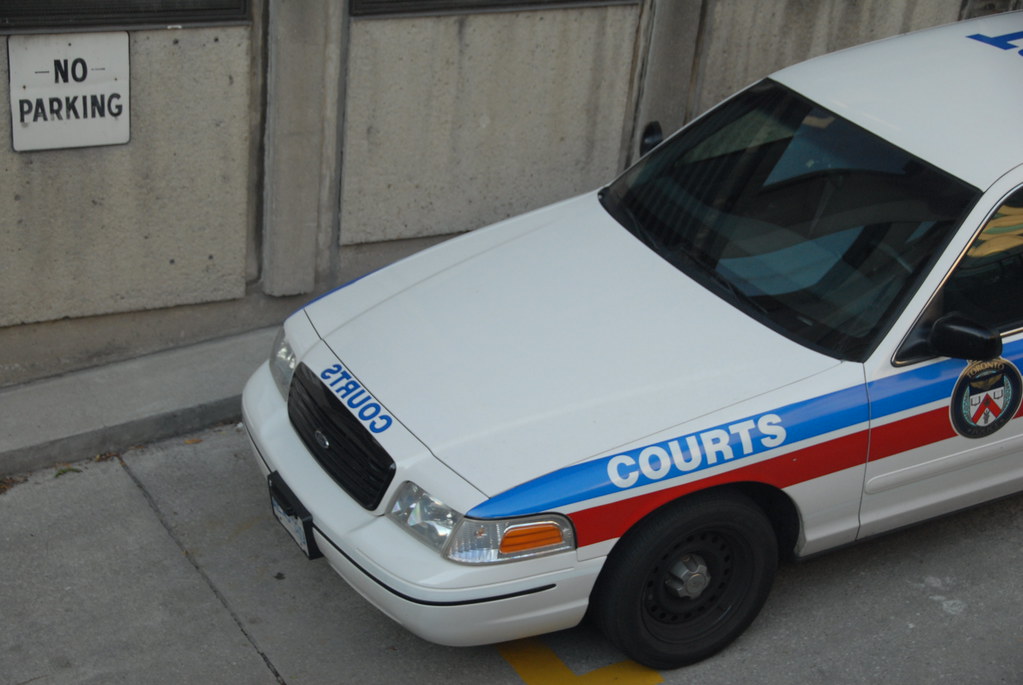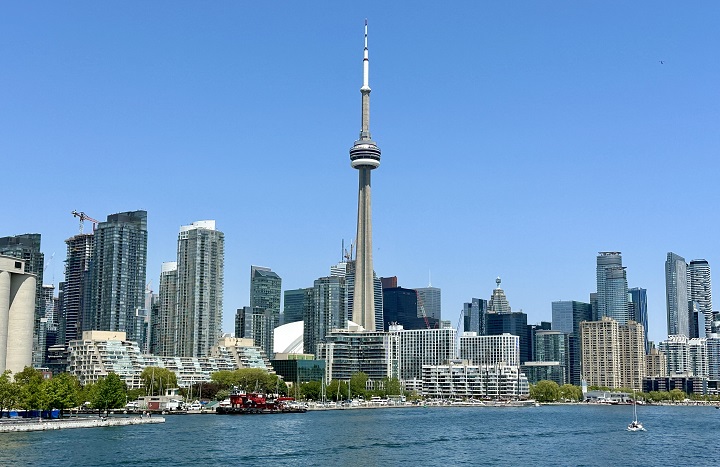Iran’s acting president addresses new parliament after helicopter crash killing president, others

Posted May 27, 2024 5:26 am.
Last Updated May 27, 2024 8:43 am.
TEHRAN, Iran (AP) — Iran’s acting President Mohammad Mokhber addressed the country’s new parliament Monday in his first public speech since last week’s helicopter crash that killed his predecessor and seven others.
His speech comes as Iran prepares for a presidential election to replace the late Ebrahim Raisi in just a month, a vote that could see the previously behind-the-scenes bureaucrat potentially run alongside others. Meanwhile, Iran’s new hard-line parliament is expected to select its new speaker Tuesday.
In his remarks, Mokhber praised Raisi’s time in office, noting that Iran’s crude oil production— a key source of hard currency for the country — climbed to more than 3.6 million barrels a day. That comes after Oil Minister Javad Owji said Sunday that Iran was now exporting around 2 million barrels a day, despite Western sanctions targeting the Islamic Republic.
Mokhber also asserted that the country’s economy remained stable under Raisi when Iran took military actions in Iraq, Israel and Pakistan in recent months.
“Three countries were hit. We hit Israel, people find that figures and indexes are the same in the morning when they wake up, price of hard currency is the same, inflation is the same, liquidity is the same and the market is full of people’s needs,” Mokhber claimed. “This strength, this settlement and this power is not a usual thing, they all were because of guidance by the supreme leader and the sincere efforts of Ayatollah Raisi.”
The Iranian rial has tumbled from a rate of 32,000 rials to $1 at the time of Tehran’s 2015 nuclear deal with world powers. Today, it stands around 580,000 to $1 in the wake of the U.S.’ unilateral withdrawal from the accord and a series of attacks on shipping in the Mideast, first attributed to Iran and later involving Yemen’s Houthi rebels as Israel’s war against Hamas on the Gaza Strip began over seven months ago.
Also on Monday, during his weekly press briefing, Iran’s foreign ministry spokesman Nasser Kanaani said despite Raisi’s death, his country’s support of “the oppressed people of Palestine and resistance groups (pursuing) the unalienable rights of the Palestinians to the liberation of their land and standing against the usurping Zionist regime” would carry on as usual.
Kanaani also said efforts to lift sanctions against the Islamic Republic would continue.
“There has been no change in the approach or the structure of our indirect talks (with the U.S.) within the framework of negotiations to remove unfair sanctions. We will continue diplomatic effort within the same framework and with the same approach.”
Hundreds of entities and people in Iran accused of materially supporting Iran’s Revolutionary Guard and foreign militant groups such as Hamas, Hezbollah and the Houthis are sanctioned mainly by the U.S.
On May 20, rescuers recovered the bodies of Raisi, Foreign Minister Hossein Amirabdollahian and others in a mountainous region in northwestern Iran following a fatal helicopter crash.
Iran will hold presidential elections on June 28 to replace Raisi. On Thursday, a five-day registration period for candidates will open. Analysts have suggested that Mokhber could be one of those to register.
Meanwhile, Monday marked the first day for Iran’s newly elected parliament, following a March election that saw the country’s lowest turnout since its 1979 Islamic Revolution. Of those elected to the 290-seat body, hard-liners hold over 230 seats, according to an Associated Press survey.
Iran’s parliament plays a secondary role in governing the country, though it can intensify pressure on a presidential administration when deciding on the annual budget and other important bills. Supreme Leader Ayatollah Ali Khamenei, 85, has the final say in all important state matters.
Nasser Karimi, The Associated Press








